Peterborough Man Drowned at Beavermead Park Sunday; Pronounced Dead At PRHC On Monday
/A 22-year-old Peterborough man has died after going into the water at Beavermead Park on Sunday.
PHOTO COURTESY OF THE CITY OF PETERBOROUGH.
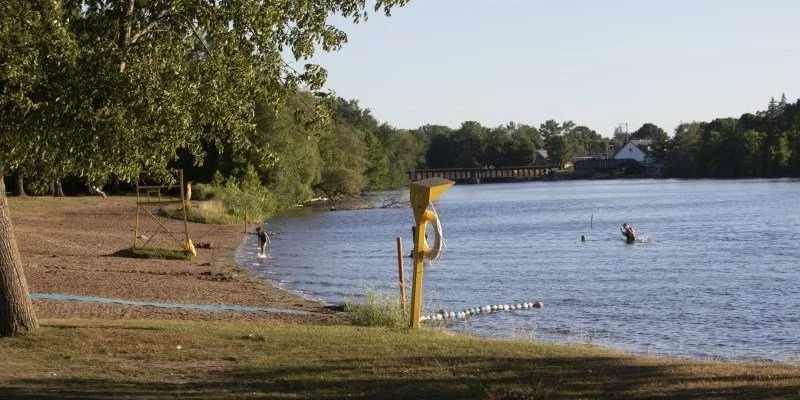
PHOTO COURTESY OF THE CITY OF PETERBOROUGH.

File photo.
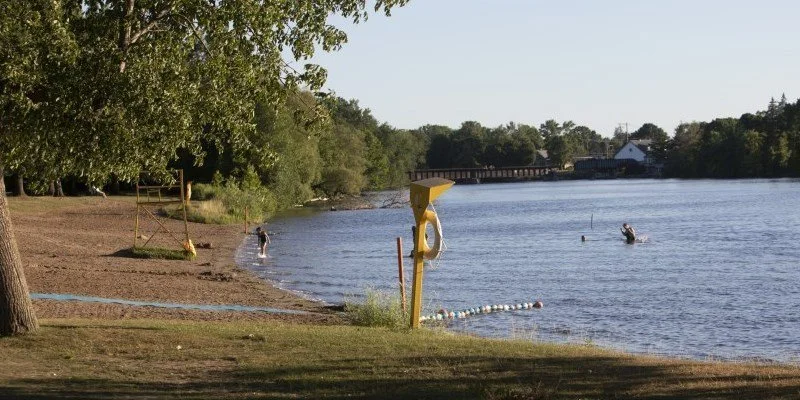

file photo.
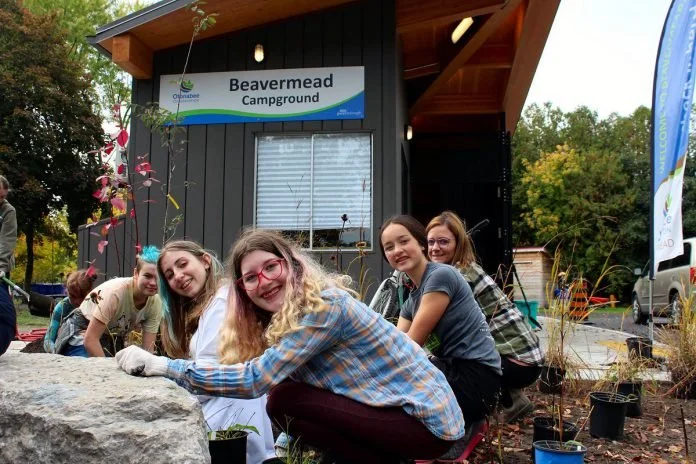
Photo courtesy of Otonabee Conservation.
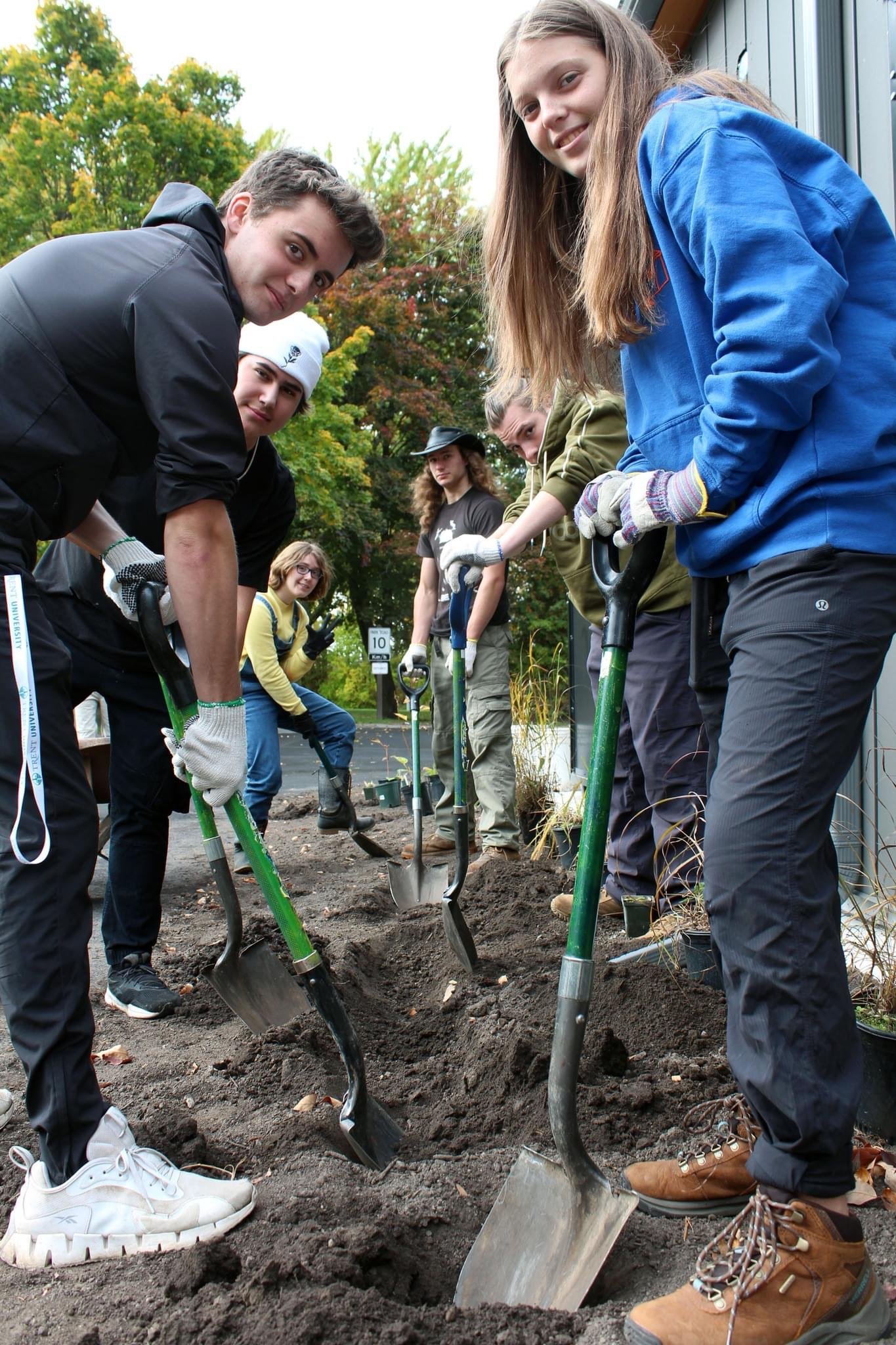
YLS students breaking ground to plant over 100 trees, shrubs, grasses and flowers. Photo courtesy of Otonabee Conservation.

Photo by Felicia Massey.
All photos by Felicia Massey.
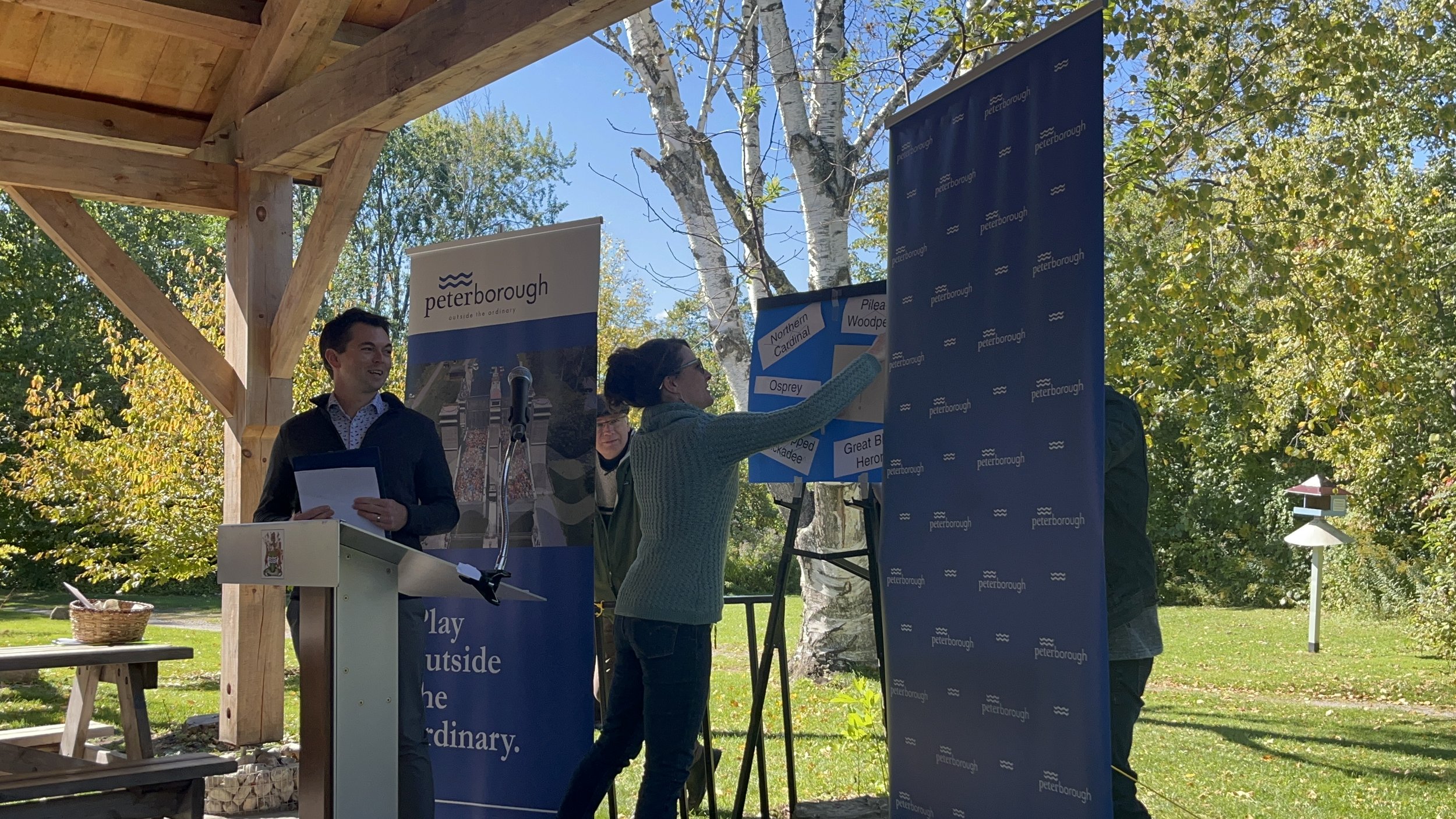
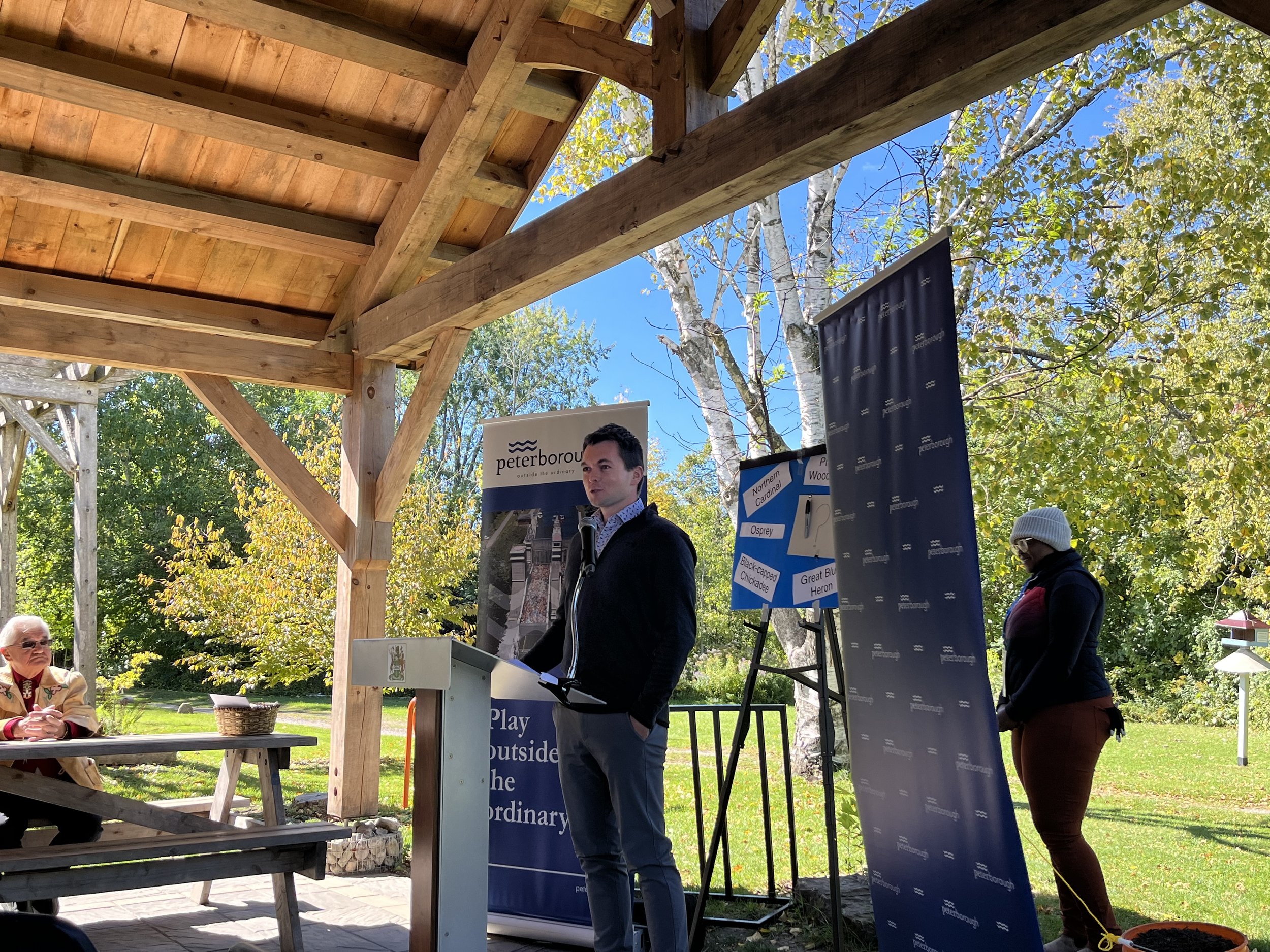
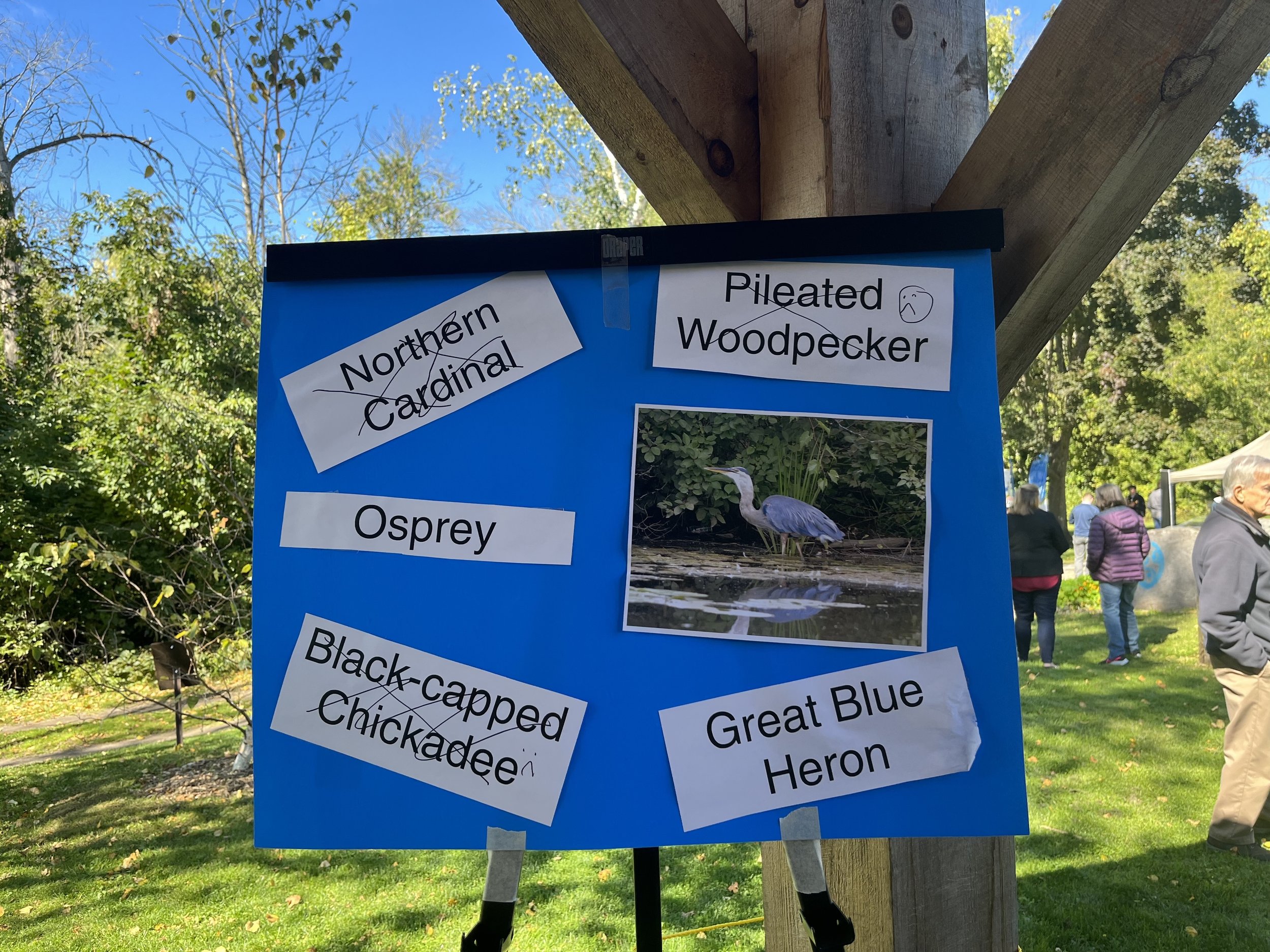

Beavermead Park. File Photo.

Photo courtesy of Otonabee Conservation.

New gatehouse at Warsaw Caves (photo courtesy Otonabee Conservation)

New washroom facilities at Beavermead Campground (photo courtesy Otonabee Conservation)

Upcoming Events
sponsored by
PTBOCANADA is a website about Peterborough, Ontario, Canada. Copyright ©2010-2022, PTBOCANADA Media Inc. All rights reserved.